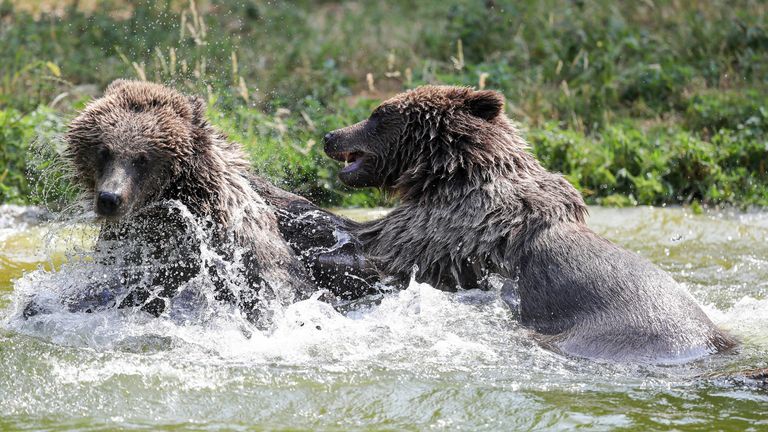It does seem to be rather self-serving, if you are putting together a exhibition on the threat that the climate crisis is producing, and you allow one of the biggest oil and gas companies in the world to fund it.
Much of the exhibition talks about carbon capture and storage (something that has not been demonstrated at significant scale, and yet would have to be catching billions of tonnes of carbon per year if it is to have a chance of helping) as well as nature based solutions.
The police cleared the building at the end of the day, ending what had been intended to be an overnight occupation.
It certainly seems that shell is trying to whitewash their company (should that be greenwash) and this should not be allowed. Rather, shell should be spending thousands of times more money on actually solving the climate crisis. Furthermore, ideas like carbon capture should not be allowed to be touted, until it has been demonstrated at scale. Finally, there is another problem. As far as the climate crisis is concerned, any captured carbon should be locked away for millions of years, yet at the moment the majority is either used to help with oil and gas extraction, or is turned into synthetic fuels – neither of these help in any way with forestalling the continued move towards run-away climate change.
SHELL MUST DO BETTER.















